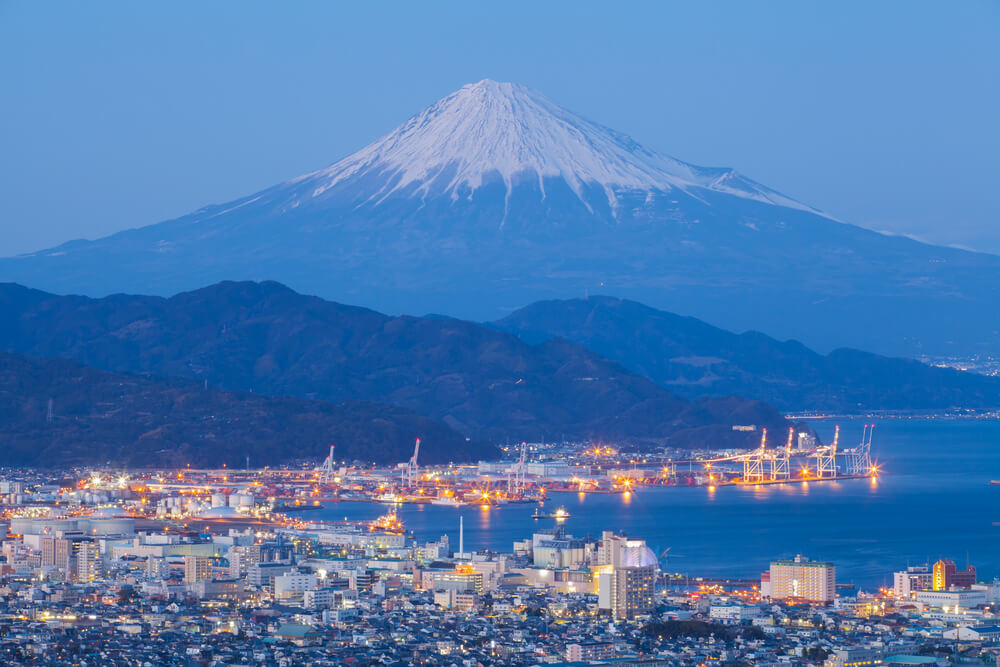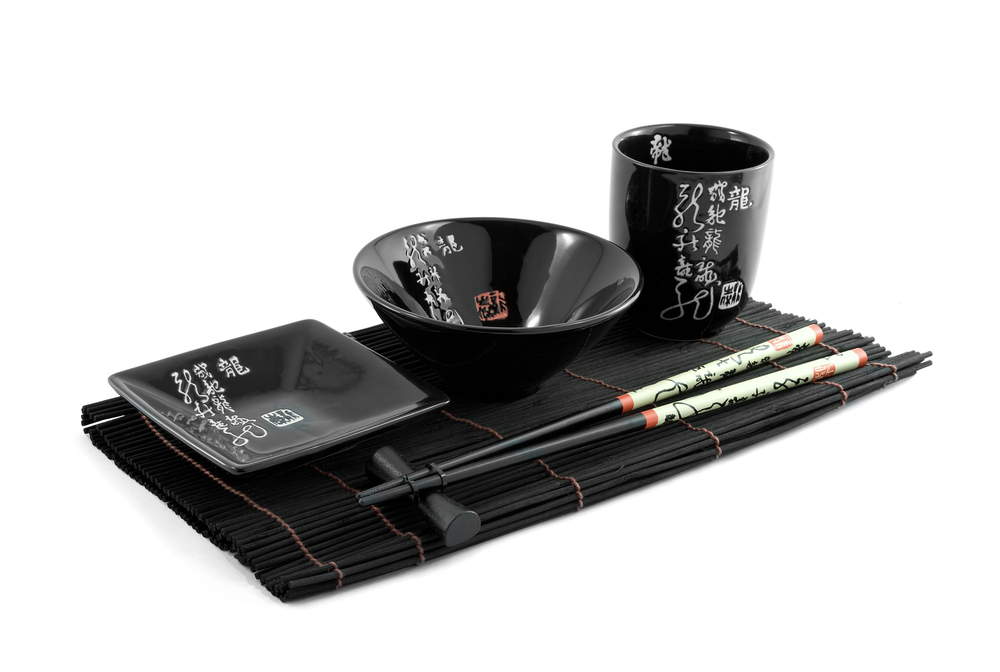Sea Freight Forwarding
JAPAN to Australia
Sea freight LCL Shipping
At Platinum®, we specialise in freight forwarding cargo by sea; in particular moving cargo in shared containers known as Less than a Container Load [LCL]. Many business prefer LCL sea freight shipping as the cargo is too heavy for air freight but not enough for a Full Container Load [FCL]. Our experienced team can assist you with your sea freight LCL commercial goods from Japan to Australia. Let’s take a closer look at how we can help make this process easier for you.
What is Sea Freight LCL Shipping?
Sea freight LCL shipping is the process of transporting goods from one destination to another by sharing space with other peoples cargo. Cargo is collected or received from your supplier in Japan, consolidated for shipping to Australia, placed onboard a vessel and shipped to Australia. Once the container arrives into Australia, the container will be deconsolidated and then everyone’s goods will be segregated before collection.
Platinum® Can Help With Your Sea Freight LCL Shipping
At Platinum®, our team of experts will work closely with your business to ensure the successful and efficient transportation of your goods. We can offer you a comprehensive freight forwarding and logistics solution; such as real time updates, marine insurance, pre-consolidation, freight forwarding, deconsolidation, pre-clearance and delivery. Our team has extensive experience in global supply chain management, ensuring all shipments are monitored and handled with care.
Platinum® provides competitive rates for all of our clients so that you can rest assured that you are receiving the best value.

Japanese cargo to Sydney, Brisbane, Melbourne, Fremantle and Adelaide:
- Tokyo
- Osaka
- Kobe
- Nagoya
- Hakata
- Hiroshima
- Yokohama
Australia and Japan – Free Trade Agreements
Australia and Japan have two Free Trade Agreements; 1) the Japan-Australia Economic Partnership Agreement (JAEPA) and 2) the Comprehensive and Progressive Agreement for Trans-Pacific Partnership (CPTPP).
The Free Trade Agreement (FTA) includes provisions for tariff reductions or eliminations, liberalization of trade in services, increased market access for agricultural goods, improved investment opportunities for both countries and strengthened competition policies.
Additionally, it also contains commitments on intellectual property rights such as copyright protection and enforcement of trademarks. Moreover, there are dedicated chapters on food safety standards that ensure safe trading between Japan and Australia of agricultural products.
The primary benefit of this FTA is that it removes tariffs on goods traded between Japan and Australia – making them significantly less expensive to export or import. This means that businesses operating in either country will be able to save money when trading their goods between the two countries.

Rely on Platinum® to move your goods from Tokyo, Osaka, Kobe, Nagoya, Hakata, Hiroshima or Yokohama
At Platinum®, we understand that sea freight forwarding is an essential service for many businesses, especially those who need to receive goods by sea from overseas. That’s why we specialise in providing a quality sea freight LCL shipping service from Japan to Australia.
Our experienced staff provide a comprehensive service with competitive rates so that you can rest assured knowing that your goods will arrive safely and on time every time!
So, if you have any questions about moving your business goods from Japan to Australia – don’t hesitate to contact us today!

Frequently Asked Questions
How long does it take to ship goods from Japan to Australia?
Shipping by sea from Japan to Australia can take say between 22-30 days. You will also need to add extra time for the container to be packed in Japan and also time for the container to be unpacked in Australia.
Are there any restrictions on the types of goods that can be shipped from Japan to Australia?
The Regulations and rules surrounding imports from Japan frequently change; for up to date information on the rules and Regulations when importing to Australia, this would need to be assessed prior to purchasing your Japanese goods.
